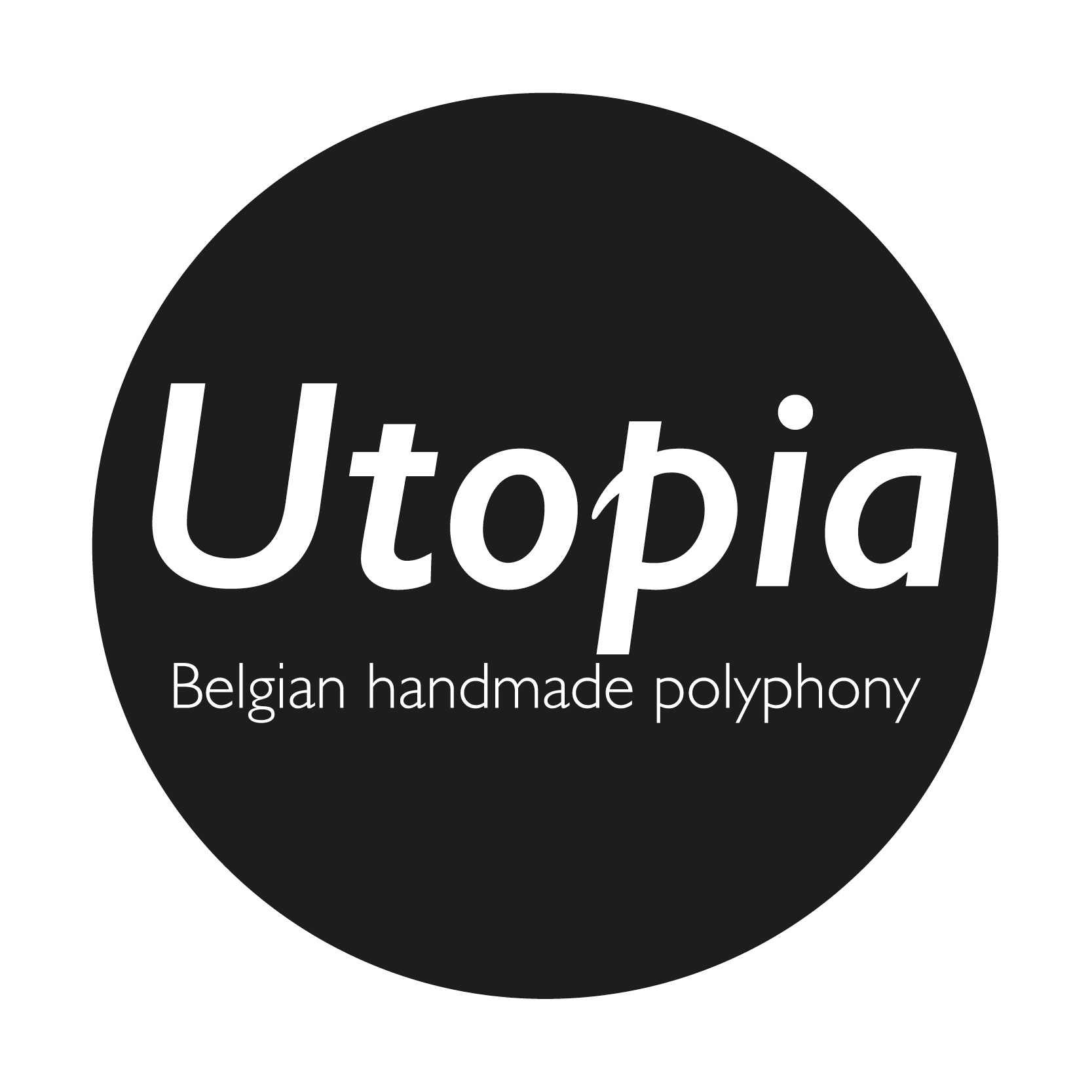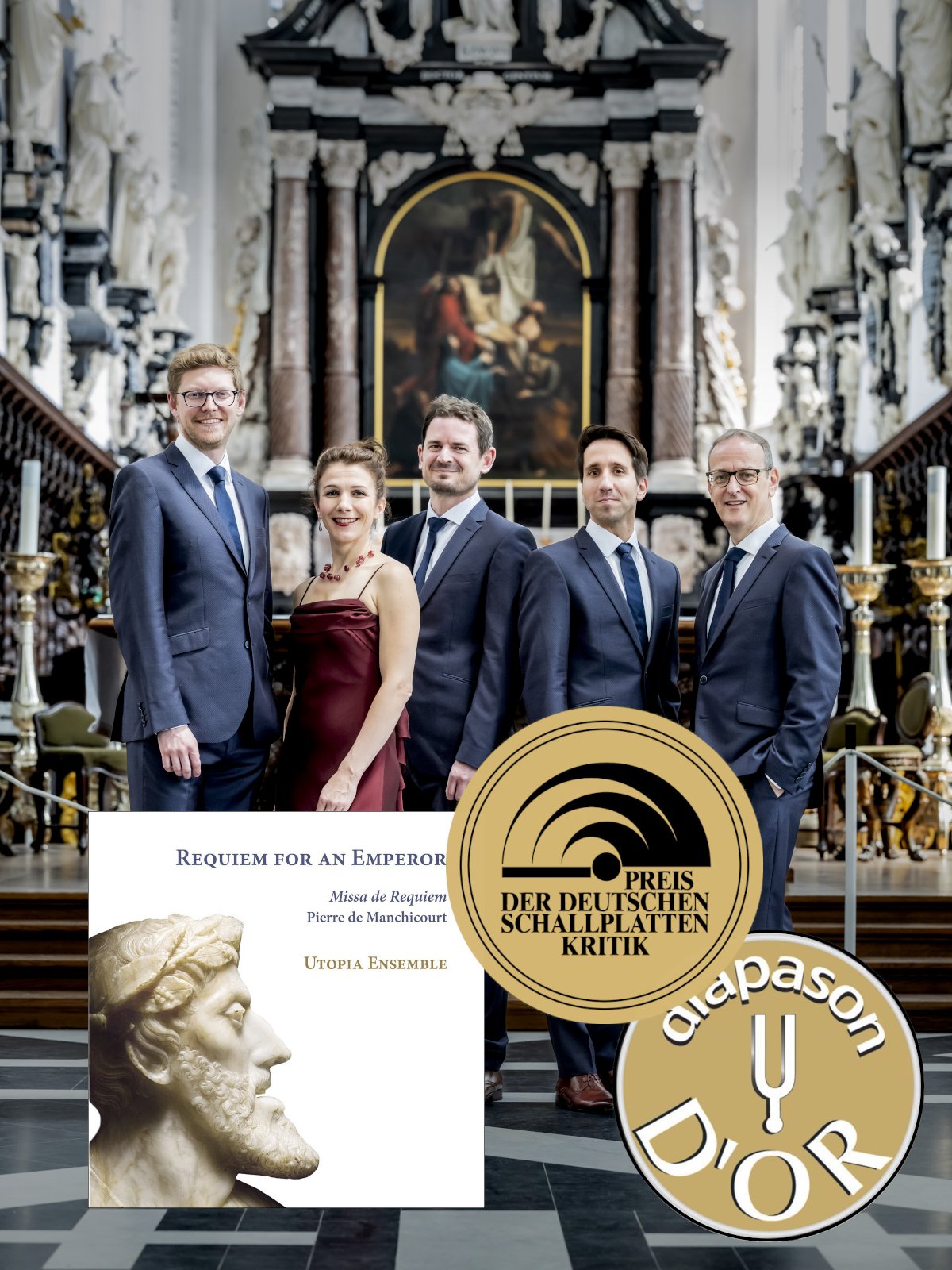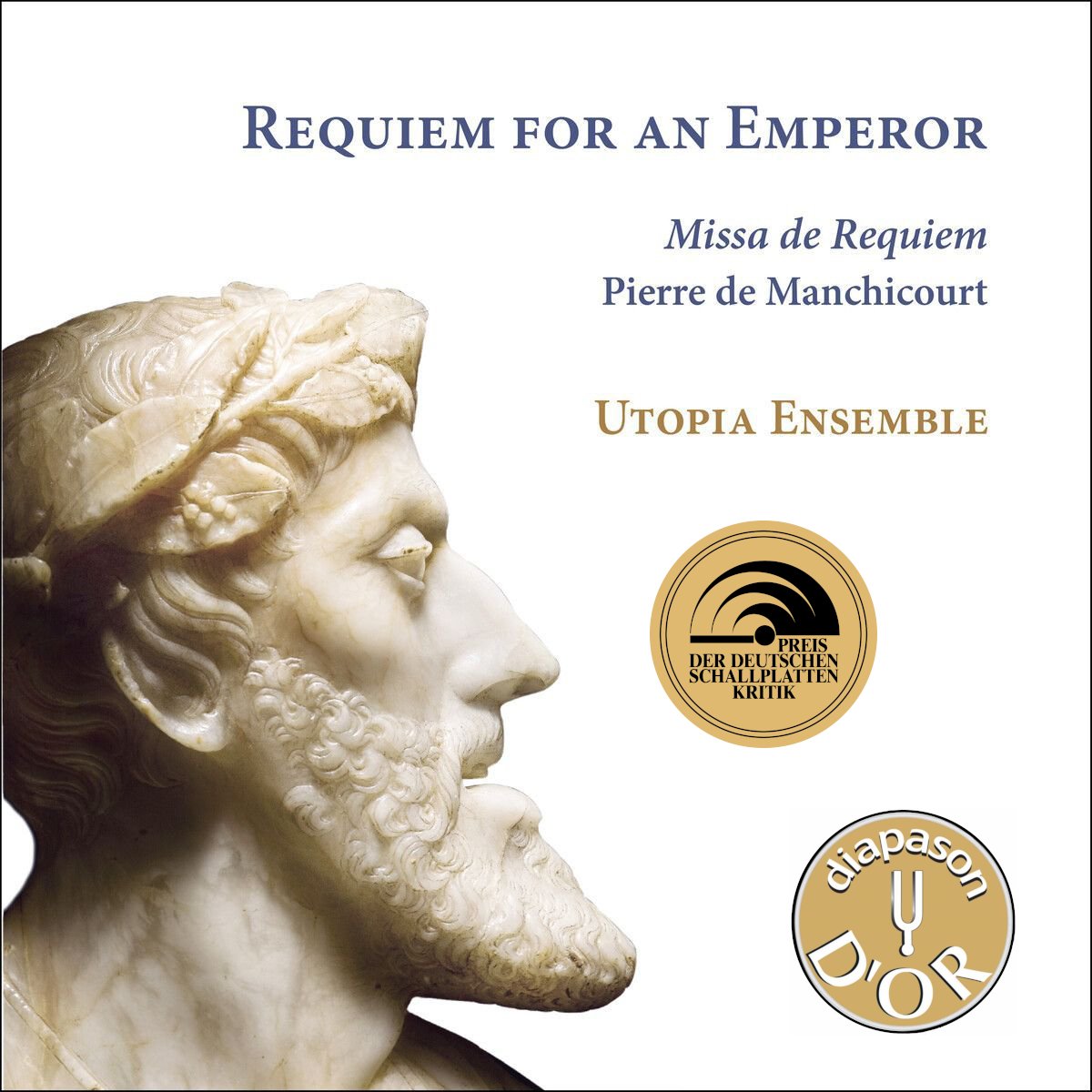LUTHER: THE NOBLE ART OF MUSIC
In a letter of 4 October 1530 to the chapel-master of the Bavarian court Ludwig Senfl (c. 1488/89–1543), Martin Luther famously proclaimed that, “I plainly judge and do not hesitate to affirm that except for theology, there is no art that could be put on the same level with music”. The position stands in stark contrast to some of his reformer contemporaries, who, disturbed by music’s power to affect the soul, all but banned it from the Church. Luther, on the other hand, sought precisely to capitalize on the qualities that music possessed in order to advance his reforms. For him, music was a powerful tool for private meditation and diversion, for strengthening communal ties, for spreading his message, and for public representation.







